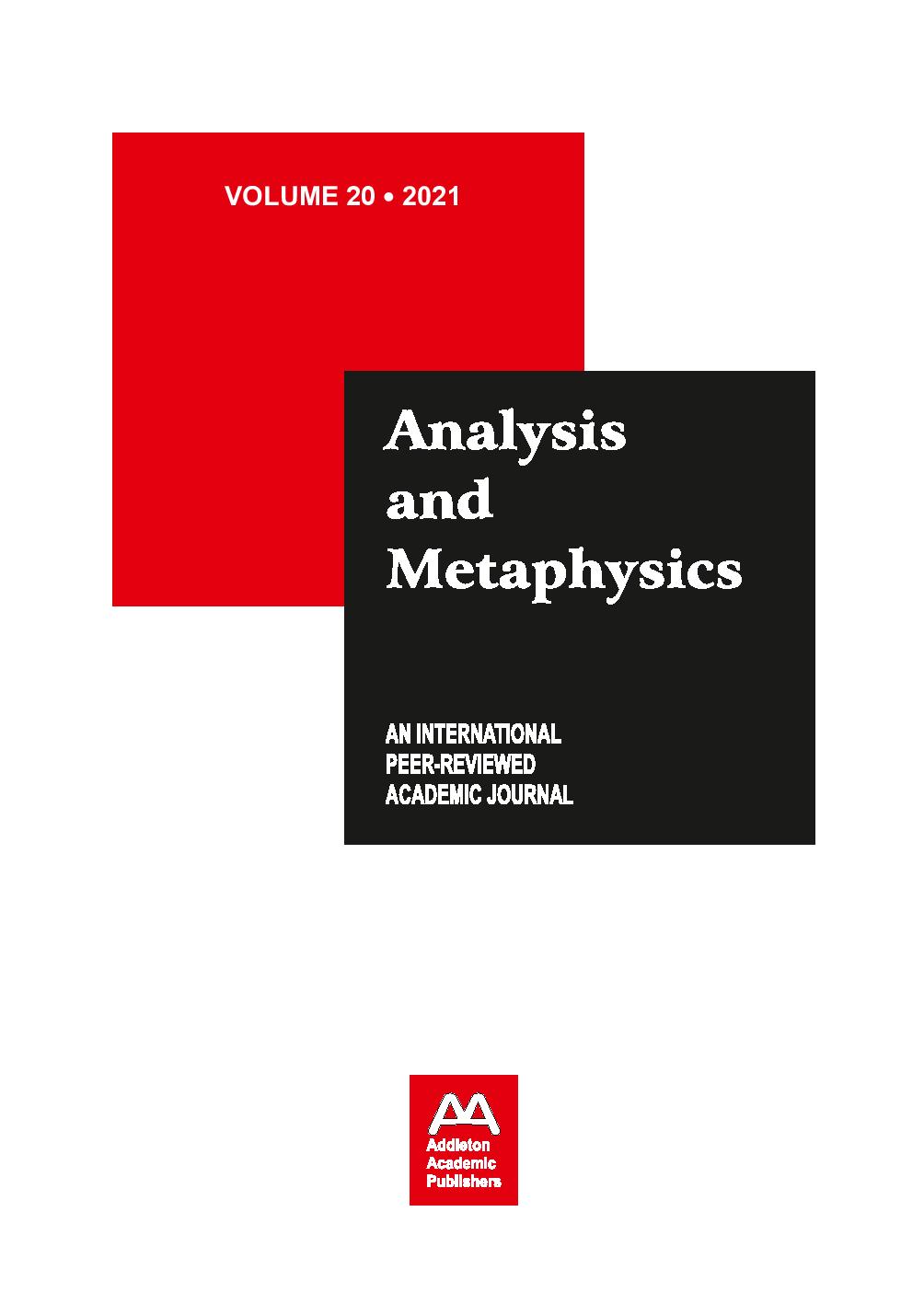Reflective-Teleological Judgment as Indeterministic Subsumption: Kant and Modern Hermeneutics
Reflective-Teleological Judgment as Indeterministic Subsumption: Kant and Modern Hermeneutics
Author(s): Horst RuthrofSubject(s): German Idealism
Published by: Addleton Academic Publishers
Keywords: proto-hermeneutics; reflective-teleological reasoning; indeterminacy; projection; hermeneutic helix; sensus communis
Summary/Abstract: The paper argues that modern hermeneutics has failed to recognize Kant’s reflective-teleological reasoning as a highly advanced form of interpretation as presented in Part II of the Critique of Judgment. If we liberate the principles of reflective-teleological judgment from his examples of biological nature, the paper claims, we arrive at nothing less than Kant’s general proto-hermeneutics. Such a distillation of hermeneutic principles is then justified on three grounds, that (1) Kant views nature broadly as the “sum of phenomena”; (2) his arguments about the purposiveness of nature are derived by analogy from cognitive judgments about art; and (3) in Kant, human culture is an advanced appearance of nature. A summary statement of Kant’s proto-hermeneutics is followed by a sketch of significant moments throughout the history of modern hermeneutics, from Ast, Schleiermacher and Dilthey to Heidegger and Gadamer, and from Habermas and Ricoeur to Caputo and Vattimo, when many Kantian hermeneutic themes are broached without acknowledgment of their sources in the Critiques. Crucially, what modern hermeneutics fails to see is that Kant’s reflective-teleological judgment amounts to an advanced procedure of indeterministic, hermeneutic subsumption beyond induction.
Journal: Analysis and Metaphysics
- Issue Year: 2021
- Issue No: 20
- Page Range: 31-49
- Page Count: 19
- Language: English
- Content File-PDF

